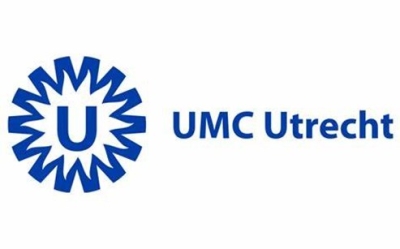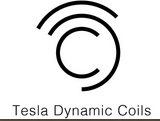Ultra-fast and strong MRI for characterising microstructural changes
With the increasingly ageing population, cognitive decline and dementia have an enormous impact on society, with Alzheimer’s disease (AD) and small vessel disease (SVD) being the two leading causes. There is a desperate need for sensitive and specific disease markers associated with clinical deficits for improved disease monitoring and understanding of the underlying pathology.
The last decades have witnessed a quantum leap in non-invasive quantitative characterisation of brain tissue microstructure using magnetic resonance imaging (MRI). Especially, the advent of strong and fast imaging gradient setups can provide the instrument to tremendously improve the sensitivity and specificity of microstructural measurements. While promising, strong-gradient imaging requires bulky (expensive) setups and cause painful acoustic noise, and have thus only scarcely been applied in patients.
This proposal aims for unprecedented characterisation of microstructural changes related to AD and SVD in a patient-friendly way. The project’s partnership between the UMC Utrecht and Tesls DC, will develop and evaluate a novel light-weight silent head imaging setup with ultra-fast (>20kHz) strong gradients for dedicated microstructural imaging. The consortium will assess its user friendliness and evaluate MRI markers with increased specificity to microstructural changes in patients with AD and SVD. They will assess the feasibility of obtaining novel MRI proxies of myelin integrity with this setup, to acquire new knowledge of the underlying microstructural changes of AD and SVD. It is expected that this will provide the imaging tools to elucidate pathophysiology leading to dementia and monitor future treatment effects on the tissue level.


